Take the First Step For Estimate!
- Accurancy
- Efficiency
- Transparency
- Customization
- Time Saving
- Professionalism
- Cost Control
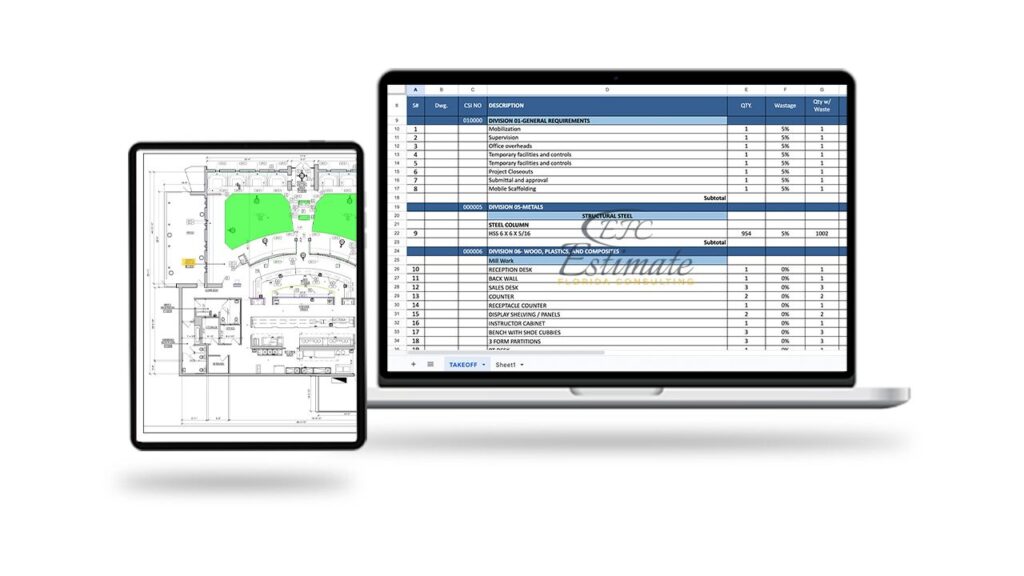
At Estimate Florida Consulting, we specialize in providing estimate services, including the College Building Electrical Wiring Cost Estimator. When considering the installation of a dedicated circuit, the average cost typically falls within the range of $15,000 to $25,000 for small to medium electrical tasks. However, this total price is contingent upon several factors. Variables such as the complexity of the wiring required, the type of materials used, and the size of the building all contribute to the final estimate. Our team ensures accurate assessments tailored to each project’s unique specifications, offering comprehensive insights to help clients make informed decisions regarding their electrical needs.


Item | Cost Estimate |
Materials | $10,000 |
Labor | $12,000 |
Permits | $1,000 |
Contingency | $2,000 |
Total Cost | $25,000 |
Embarking on the journey of electrical system planning for a college building starts with engaging electrical consultants or professionals for an initial consultation and site assessment. This crucial step involves a comprehensive evaluation of various aspects, including the building’s size, layout, electrical load requirements, and safety considerations. The insights gained during this phase provide the foundational knowledge necessary for an accurate cost estimation. Electrical professionals assess the unique needs of the college building, taking into account factors such as the type of equipment to be powered, the spatial requirements, and the safety protocols required. This initial consultation sets the stage for a tailored and effective electrical system that aligns with the specific requirements of the institution, ensuring that the subsequent cost estimate is both precise and reflective of the intricacies inherent in the college building’s electrical infrastructure.
Conducting a thorough load analysis is a critical step in designing an electrical system that caters to the unique demands of a college building. This entails determining the number of outlets, lighting fixtures, and equipment connections required to meet the daily operations of the institution. The cost estimate generated during this phase delves into the materials and equipment needed for this tailored electrical system, considering factors such as energy efficiency, safety standards, and adherence to building codes.
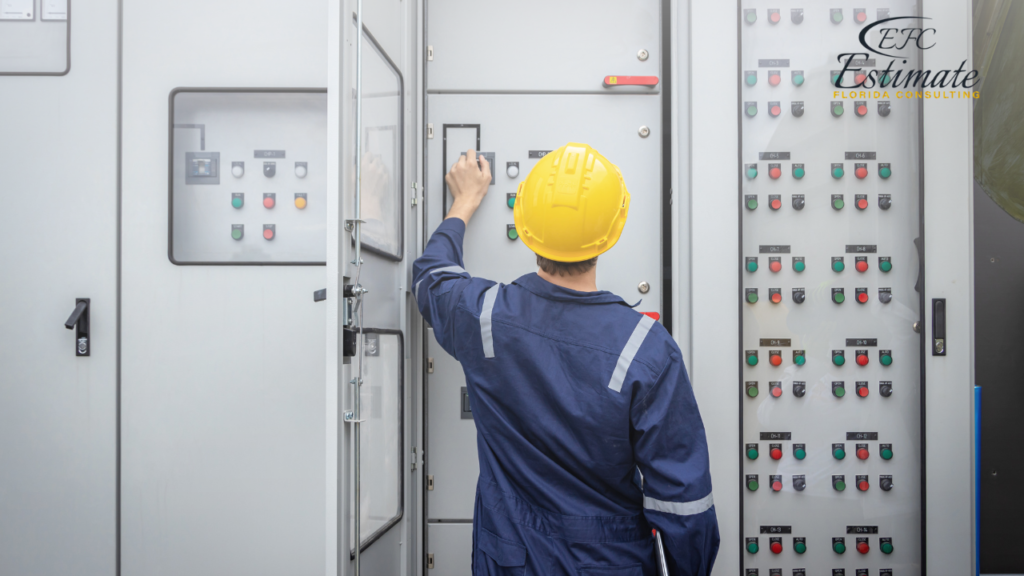
By combining load analysis with system design, the cost estimate ensures that the electrical infrastructure is not only customized but also optimized for efficiency and longevity, meeting the dynamic needs of a college environment.
The selection of appropriate wiring materials is a critical decision that significantly influences the reliability and longevity of the electrical system. The cost estimate meticulously accounts for the quantity of wiring needed, factoring in the type, size, and specifications of the chosen materials. Quality materials are prioritized to ensure the durability and safety of the electrical infrastructure. The estimate considers the wiring requirements for various components such as lighting, outlets, and equipment connections, offering a detailed breakdown of the materials essential for constructing a robust electrical system. This approach ensures that the cost estimate aligns with industry standards and best practices, emphasizing the importance of selecting materials that meet the specific needs of the college building.
The installation phase constitutes a significant portion of the overall cost estimation for the electrical system. Labor costs, encompassing skilled electricians and technicians, are carefully considered in conjunction with expenses related to equipment, tools, and safety measures. The complexity of the installation environment, including factors like building layout and accessibility, is integral to the estimate. Adherence to safety protocols is paramount, and the cost estimate reflects the investment required to ensure a seamless and secure installation process. By factoring in labor costs and installation expenses, the estimate provides clients with a comprehensive overview of the financial aspects associated with the actual implementation of the electrical system, emphasizing the importance of precision and expertise in this critical phase.
Ensuring compliance with electrical codes and regulations is a non-negotiable aspect of any electrical system installation. This involves additional costs for inspections and certifications to guarantee that the electrical infrastructure meets or exceeds industry standards. The cost estimate covers expenses related to code compliance assessments, inspections conducted by regulatory authorities, and any necessary adjustments to meet prescribed standards. This phase underscores the commitment to safety and legal adherence, emphasizing the importance of a thorough inspection process in validating the integrity of the electrical system. The estimate provides clients with a transparent breakdown of the costs associated with maintaining compliance, ensuring the longevity and safety of the electrical infrastructure.
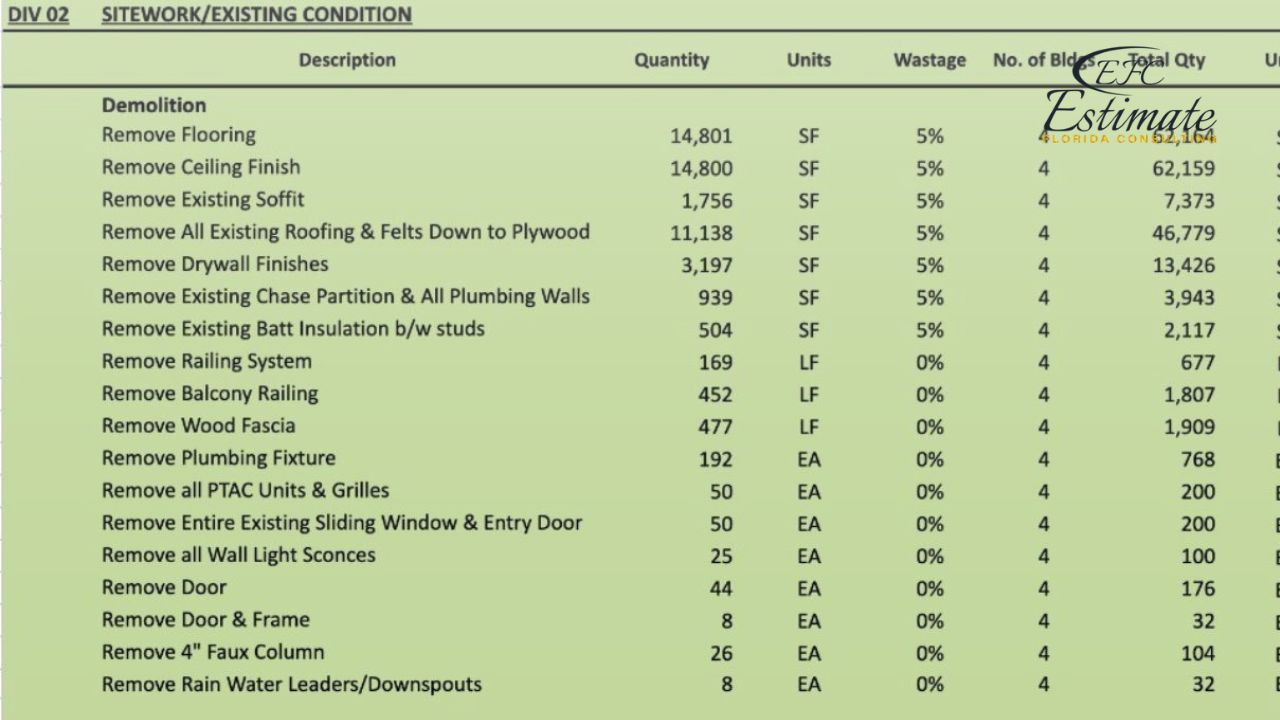
ZIP Code Based Estimate
Highly Accurate
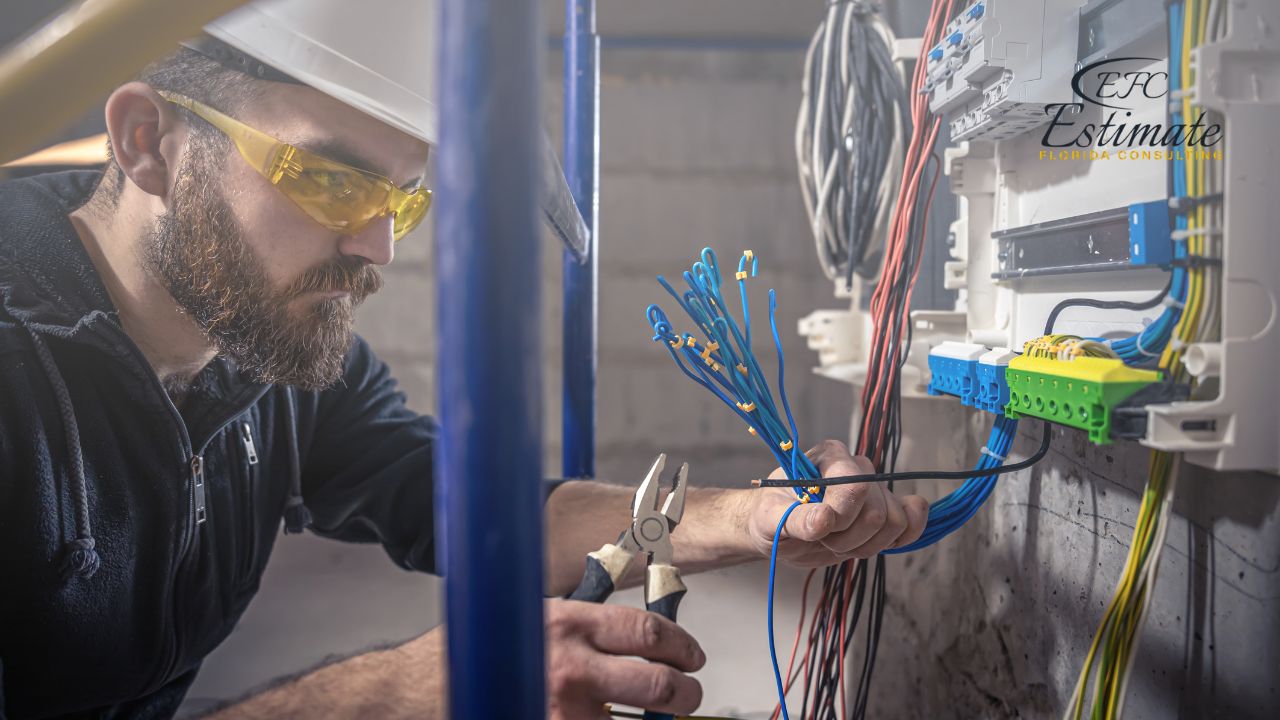
Fully Insured License Hire Sub-Contractor For College Building Electrical Wiring
Hire Contractor
Make Informed Design Decisions Showcase Your Design Ideas
Get RenderingForward-thinking electrical wiring plans take into account future needs and scalability. The cost estimate includes provisions for accommodating potential expansions, technology upgrades, or changes in building usage. This future-proofing approach minimizes the need for extensive rewiring in the event of changes, providing a cost-effective and adaptable electrical infrastructure. The estimate recognizes the importance of scalability in the rapidly evolving landscape of technology and building requirements, emphasizing the long-term value of a forward-thinking electrical system that can seamlessly grow and adapt to the evolving needs of the college building. This approach ensures that the cost estimate not only addresses current requirements but also accounts for the institution’s future electrical infrastructure needs.
Category | Average Cost Range |
Initial Consultation and Assessment | $2,000 – $8,000 |
Material Costs | $3,000 – $15,000 (per 1,000 sq. ft.) |
Labor Costs | $8,000 – $25,000 (per 1,000 sq. ft.) |
Code Compliance and Inspection | $1,000 – $5,000 |
Future-Proofing Provisions | $2,000 – $10,000 |
Prioritizing safety through quality electrical wiring is paramount for creating a secure environment within the college building. Well-installed and compliant wiring significantly reduces the risk of electrical hazards, including short circuits, electrical fires, and shocks. The comprehensive risk mitigation provided by quality wiring contributes directly to the safety of building occupants, ensuring a secure learning and working environment. By adhering to industry standards and best practices, the electrical system becomes a robust and reliable component of the overall safety strategy. The cost estimate reflects the investment in quality wiring as an essential aspect of risk reduction, emphasizing the importance of creating an environment where the well-being of occupants is a top priority.
The reliability of an electrical system is crucial for ensuring an uninterrupted power supply, particularly for essential activities within the college building. Quality wiring minimizes the chances of outages and disruptions, contributing to the efficient operation of classrooms, laboratories, and administrative areas. The cost estimate underscores the value of investing in reliable electrical infrastructure, emphasizing its direct impact on the efficiency of daily activities.
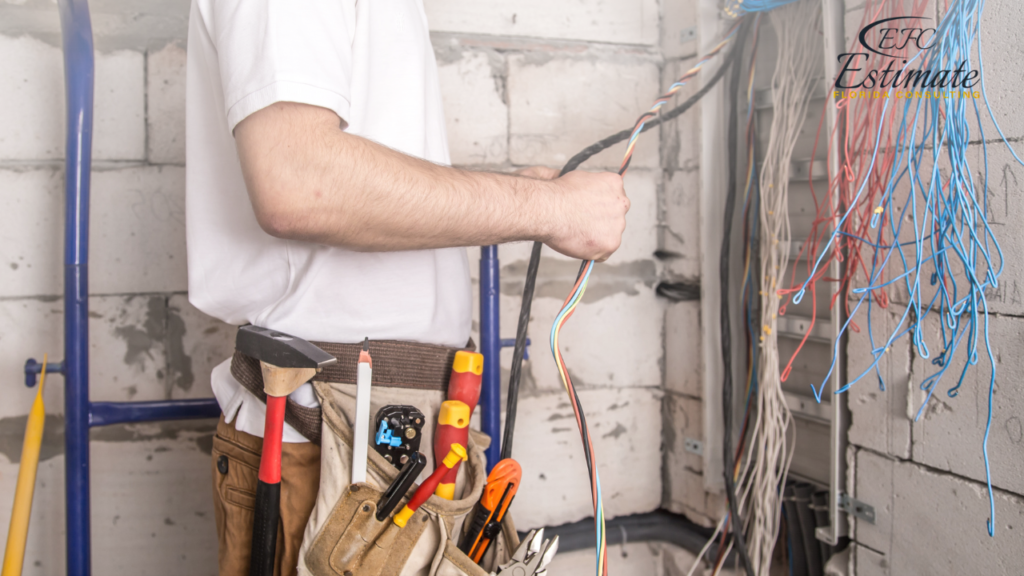
By prioritizing reliability, the college ensures a consistent and dependable power supply, fostering an environment conducive to effective teaching, learning, and administrative operations.
Modern educational spaces increasingly rely on advanced technologies to enhance the learning and teaching experience. Quality electrical wiring allows for seamless integration of smart technologies, including interactive displays, energy-efficient lighting, and automation systems. The cost estimate recognizes the importance of accommodating technological advancements, emphasizing that quality wiring is not merely a current investment but also a strategic move to support future innovations. By integrating technology seamlessly, the college building becomes equipped to meet the evolving needs of educational methodologies, ensuring a technologically enriched environment that fosters innovation and engagement.
Meeting or exceeding electrical codes and standards is essential for legal compliance and the overall integrity of the electrical system. Quality wiring ensures that the electrical infrastructure adheres to regulations, reducing the risk of penalties and legal issues. The cost estimate emphasizes the significance of investing in compliant electrical systems as a proactive measure to mitigate legal risks and ensure the longevity and reliability of the infrastructure. By aligning with industry standards, the college not only ensures legal compliance but also reinforces its commitment to safety and the well-being of its occupants.
So, why wait? Send us your plans and give us a call now. Let’s make your project a success together!

While investing in quality electrical wiring may involve higher initial costs, it results in significant long-term cost savings. Reliable wiring requires less frequent maintenance and repairs, reducing operational costs over the life of the electrical system. Additionally, energy-efficient solutions contribute to reduced utility expenses, further enhancing the overall cost-effectiveness. The cost estimate underscores the economic benefits of quality wiring, emphasizing that the initial investment translates into sustained reliability and efficiency, ultimately leading to substantial savings over the operational life of the electrical infrastructure.
Quality electrical wiring provides the foundation for adaptability to changing needs within the college building. Scalable and future-proof electrical systems can accommodate technological advancements, building expansions, and alterations in space utilization, minimizing the need for extensive rewiring in the future. The cost estimate recognizes the long-term value of an adaptable electrical infrastructure, emphasizing that the initial investment goes beyond immediate needs. By prioritizing adaptability, the college ensures that its electrical system can evolve seamlessly, keeping pace with advancements in technology and changes in building requirements. This forward-thinking approach not only supports the institution’s current needs but also positions it to efficiently address future challenges and opportunities.
The size and layout of a college building are pivotal factors that exert a significant influence on the costs associated with electrical wiring. Larger structures with intricate layouts inherently demand more extensive wiring and distribution systems, contributing to higher expenses. Understanding the intricacies of the building’s design is paramount in accurately estimating the amount of wiring needed. This involves a meticulous examination of the floor plan, identifying key areas such as classrooms, laboratories, offices, common spaces, and any specialized areas with unique electrical demands.
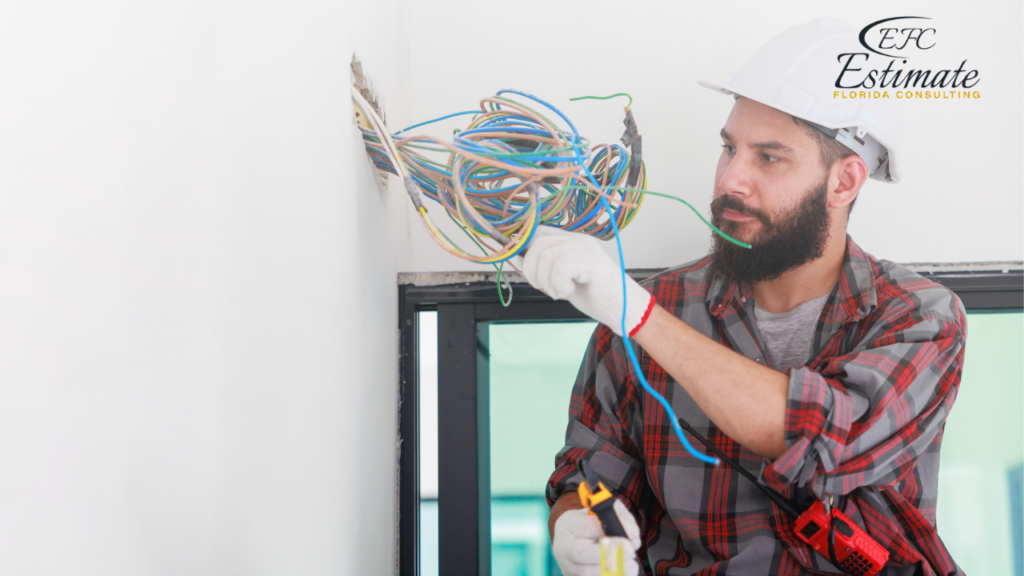
The cost estimation process takes into account the spatial intricacies to ensure that the wiring design is tailored to the specific requirements of each section within the building, offering a nuanced and precise projection of the associated costs.
The electrical load and anticipated usage within a college building are critical factors shaping the type and quantity of wiring required. The diversity of spaces within the building, including classrooms, laboratories, offices, and common areas, each with unique electrical demands, necessitates a thorough understanding of the expected load. Estimating the load helps in selecting appropriate wire sizes, planning for future expansions, and ensuring that the electrical system can meet the demands of various activities within the institution. The cost estimate reflects the comprehensive assessment of the electrical load and usage, providing clients with a clear understanding of how these factors contribute to the overall wiring costs.
Compliance with electrical codes and safety regulations is a foundational aspect of any electrical wiring project. The cost estimation process involves a rigorous examination and understanding of local and national electrical codes, ensuring that the wiring design not only meets but exceeds these standards. Costs associated with quality materials and professional installation to achieve compliance are integral to the overall estimate. Safety considerations are paramount, and the estimate underscores the importance of investing in materials and installation practices that prioritize the well-being of building occupants while aligning with industry best practices and legal requirements.
From small to large projects, residential to commercial, we’re here to help you win. Fast results guaranteed.
The choice of wiring material is a critical determinant that significantly influences the overall costs of electrical wiring. Common materials, such as copper and aluminum, each come with distinct advantages and price points. The cost estimate takes into account the quantity and type of wiring required based on the building’s specifications. Striking a balance between performance, longevity, and budget considerations, the estimate ensures that the chosen wiring materials align with the specific needs of the college building. By offering insights into the material selection process, the estimate provides clients with a transparent breakdown of the costs associated with this foundational aspect of the electrical infrastructure.
The complexity of the installation process is a variable that can substantially impact the overall cost of electrical wiring. Factors such as accessibility, building height, and architectural intricacies contribute to the complexity of the installation. Difficult installations may require additional labor, specialized equipment, and enhanced safety measures, all of which influence the budget. A detailed assessment of the installation environment is, therefore, essential for an accurate estimate. The cost projection takes into consideration the unique challenges posed by the installation process, offering clients a thorough understanding of the financial implications associated with the intricacies of the college building’s architecture.
As the use of smart technologies becomes increasingly prevalent in educational institutions, the integration of smart electrical systems can add to the overall cost of wiring. This includes provisions for advanced lighting systems, smart classrooms, and energy-efficient solutions. The estimate recognizes the specific requirements for integrating these technologies seamlessly into the electrical infrastructure of the college building. By factoring in the costs associated with the integration of smart technologies, the estimate ensures that the electrical system is not only designed for current needs but also positioned to accommodate the evolving technological landscape, offering a forward-thinking and technologically enriched environment that enhances the overall learning and teaching experience.
Estimating the cost of electrical wiring for college buildings involves a thorough process, encompassing factors like initial consultation, load analysis, material selection, labor costs, code compliance, and future-proofing. Prioritizing safety, reliability, and adaptability is crucial for creating a conducive environment for learning, teaching, and technological innovation.
The provided cost estimation table offers a transparent breakdown of average cost ranges, serving as a helpful guide for construction or renovation projects. It’s important to note that these are general estimates and may vary based on project specifics.
Ultimately, investing in quality electrical wiring is not just a financial decision but a commitment to the overall success of the institution. A well-planned electrical system contributes significantly to the safety and efficiency of the college building, aligning with both current needs and future advancements.
The cost is influenced by various factors including the square footage of the building, the type of wiring used (copper, aluminum), labor costs, materials required (outlets, switches, conduit), permit fees, and any additional special requirements.
Labor costs are typically estimated based on the number of hours required for installation. Factors such as the complexity of the wiring layout, accessibility of the installation area, and the skill level of the electricians involved are considered.
Copper wiring is preferred for its excellent conductivity, durability, and resistance to corrosion. It also has a longer lifespan compared to other materials, reducing the need for frequent replacements.
Electricians follow strict safety protocols and adhere to electrical codes to ensure the safety of the building occupants. This includes proper grounding, insulation, and installation of circuit breakers to prevent electrical hazards such as shocks and fires.
The duration of the installation process depends on various factors such as the size of the building, complexity of the wiring layout, availability of materials, and the efficiency of the installation team. On average, it may take several weeks to complete the wiring for a college building.
Here I am going to share some steps to get your college building electrical wiring cost estimate report.
You can send us your plan on info@estimatorflorida.com
Before starting your project, we send you a quote for your service. That quote will have detailed information about your project. Here you will get information about the size, difficulty, complexity and bid date when determining pricing.
Our team will takeoff and estimate your project. When we deliver you’ll receive a PDF and an Excel file of your estimate. We can also offer construction lead generation services for the jobs you’d like to pursue further.



561-530-2845
info@estimatorflorida.com
Address
5245 Wiles Rd Apt 3-102 St. Pete Beach, FL 33073 United States
561-530-2845
info@estimatorflorida.com
Address
5245 Wiles Rd Apt 3-102 St. Pete Beach, FL 33073 United States
All copyright © Reserved | Designed By V Marketing Media | Disclaimer